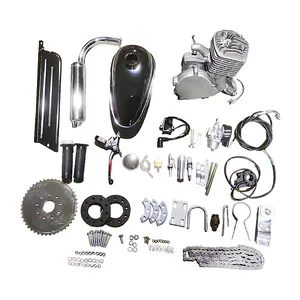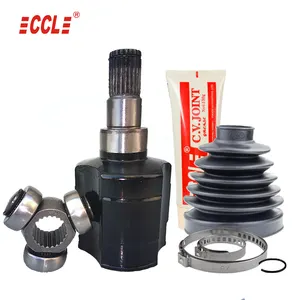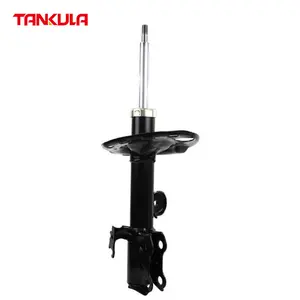Popular in your industry
























































































































































 Ready to Ship
Ready to Ship























































Top categories
About automotive ecu manufacturers
How do automotive ECUs work?
A top automotive ECU receives information from numerous car parts depending on what it is used for. For instance, when a passenger presses the door lock/unlock button on a car door or a wireless key fob, a door lock automotive ECU coding would receive input. Data from impact sensors and sensors that detect whether a person is sitting in a certain seat are both sent to an airbag ECU. In addition, an automated emergency braking ECU would receive data from forward-facing radars that identify when the vehicle is approaching an impediment at too high a speed.
The automotive ECU connector would then communicate with actuators to conduct an action based on the inputs. In our cases, the door lock ECU would trigger an actuator, which would lock or unlock the appropriate door. Depending on the location of the passengers, the airbag automotive ECU tune computer would select which airbags to deploy and then order the actuators to deploy them. To avoid a collision, the automated emergency braking ECU would deploy the brakes.
Advantages and uses of automotive ECU?
Automotive ECUs make it easier for mechanics and technicians to diagnose problems with a car’s engine, as the codes can provide a starting point for troubleshooting. An ECU also allows mechanics and technicians to adjust parameters such as idle speed, air-fuel ratio, and spark timing for better performance and fuel economy. This can be especially useful if the engine has made modifications or added aftermarket parts. Automotive ECU programming tools are also increasingly used in more advanced features such as traction control, anti-lock braking systems, stability control, cruise control, and even autonomous driving.







































